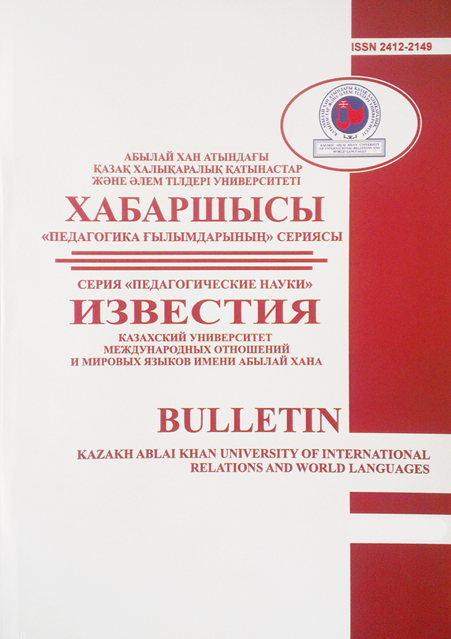TECHNOLOGY OF TEACHING A FOREIGN LANGUAGE USING THE CASE METHOD IN NON-LINGUISTIC HIGHER EDUCATIONAL INSTITUTIONS
DOI:
https://doi.org/10.48371/PEDS.2020.58.3.016Keywords:
Case method, foreign language, method of specific situations, professional competence, problem-based learningAbstract
The article discusses the possibility of using the method of active learning “case method”in foreign language classes in non-linguistic universities; provides the stages of solving cases; justifies the effectiveness of this method. In addition, this article analyzes the use of the case method in the process of developing the communicative competence of students of non-linguistic specialties. The aim of the research is to analyze the role of the case study as a method that not only develops the skills of oral discussion of the problem, but also helps to improve reading skills in a foreign language. The article proves the necessity of using electronic resources as a source of text material in teaching English for special purposes (ESP). The presented research reveals the practical and research aspects of the case method, built within a certain professional context, and organized taking into account the level of language proficiency and professional training of students. The “case method” is aimed at developing students ‘ interest in learning and positive motivation, and encourages independent acquisition of knowledge and professional experience. In addition, this article examines the ability of students to work in groups on a single problem area, using brief information in a limited time period, and analyzes the development of principles of problem-based learning. If these conditions are met, we can firmly say that the effectiveness of the case method in foreign language classes is indisputable, since, first, this method is complex and contains all types of speech activity: reading, speaking, writing, listening.
Downloads
Published
Versions
- 2024-11-24 (2)
- 2021-05-19 (1)









